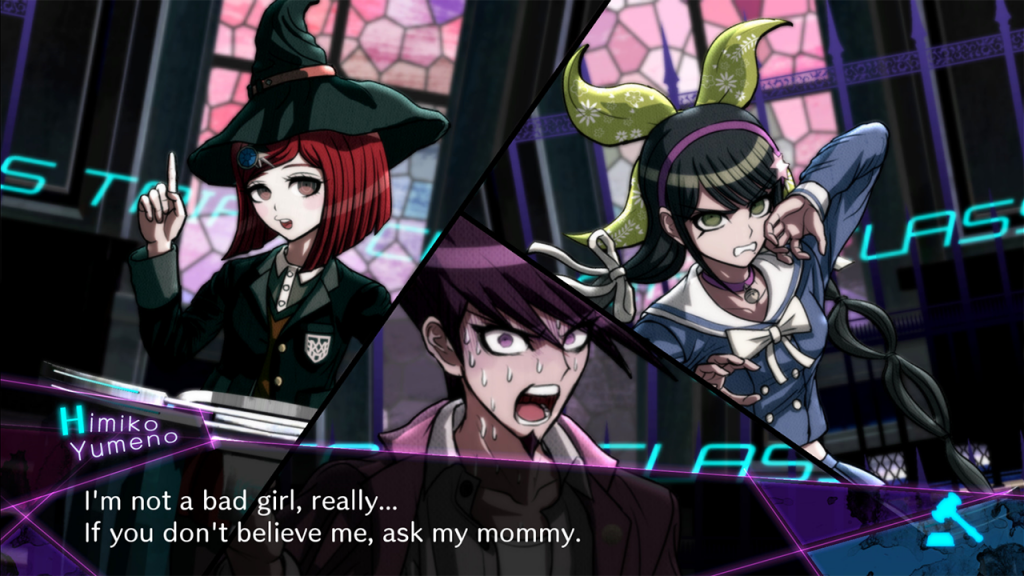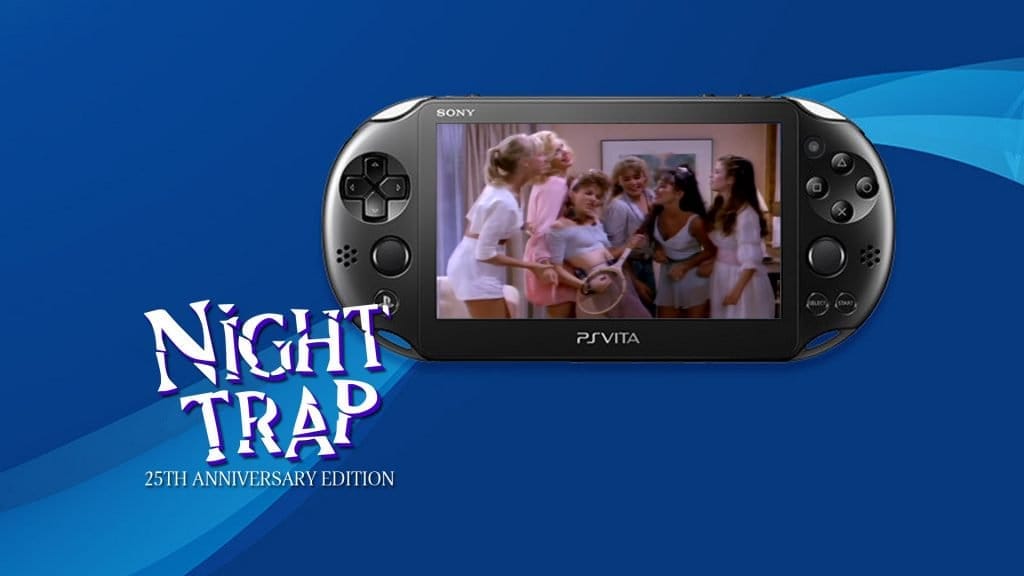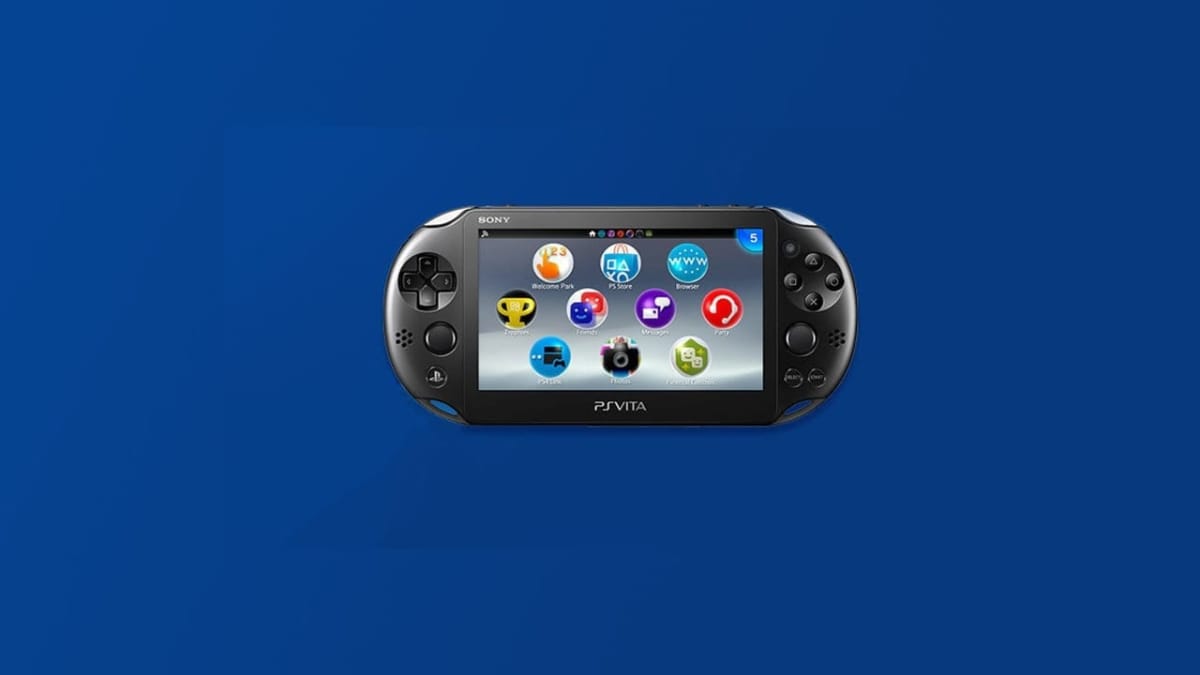According to the official Japanese page for the PS Vita, the current and final production run of the handheld will "finish soon." The model page does not list a specific date, and looking at the product page for the PS Vita does not contain any references to a "completion date" either. If only to add to the looming death of the Vita, February is also the last month that Sony will offer games for the PS3 and the Vita as part of the PS Plus subscription. Additionally, Sony announced last spring that Vita cartridge production would end with the conclusion of "the fiscal year 2018," which comes to a close on March 31st. In the face of the next generation of consoles looming and Sony announcing that the PS4 is entering the final phase of its lifecycle, it would seem as though the end of the eighth console generation is fully upon us.
With Sony's handheld offering now completely eclipsed by the Switch, the revelation was not unexpected, but rather inevitable. The Vita sold anywhere from 10 to 15 million units over its eight-year lifespan, with the Switch has moved over 32 million units in under two years. Sony never seemed completely comfortable with their 3DS competitor, instead opting to focus on the PS4 and it's market domination. The lack of any real "killer app" likely doomed widespread popularity of the Vita, even as niche Japanese and indie games flourished. Sluggish sales figures placed the total lifetime sales below that of even the WiiU, which was regarded as a disastrous failure for Nintendo.

Sony has also repeatedly denied the existence of a successor to the Vita. Last year, when Sony originally announced that 2019 would be the last year of Vita production, Sony Interactive Entertainment (SIE) executive vice president Hiroyuki Oda told Famitsu that "[c]urrently, we do not have any plans regarding a new handheld device. In Japan, we will [continue to] manufacture [the] PlayStation Vita until 2019." This is in stark contrast to John Kodera envisioning handheld gaming as a companion to traditional console gaming, as he did as recently as May 2018. Indeed, Sony promoted many Vita versions of their flagship games: Uncharted: Golden Abyss and the God of War Collection just to name two. While these releases suffered from obvious comparisons to their superior console counterparts, one can't help but wonder just how well a game developed by a AAA studio exclusively for the Vita might have done.
In contrast to Kodera's comments, former SIE Global CEO Andrew House remarked that he didn't see the Switch and other handheld consoles as a driving force in gaming, especially when compared to the ubiquity of smartphones. Considering the dominance of smartphone gaming in Japan, House's comments are unsurprising. Indeed, Japan's mobile gaming revenue in 2018 topped six billion USD, which was more than console and online gaming's revenue combined. For what it's worth, Sony has experimented with smartphone gaming in the past with PlayLink. Much like any of the Jackbox Party Pack entries, these games connect to smartphones to allow for local multiplayer play. Curiously, outside of the initial announcement, Sony's official PlayLink page lists only two more games, both with release dates of "coming soon."
Still, House was on to something. SIE did launch ForwardWorks Corporation, a mobile game studio in 2016. Designed to "leverage the intellectual property of PlayStation dedicated software titles," ForwardWorks aimed to deliver "full-fledged game titles in the new field of the smart device market." ForwardWorks has published/developed Arc the Lad R, a Disgaea mobile game, Wild Arms Million Memories, and Eshigami, all of which make use of Sony properties in one way or another. Moreover, Sony would have to be insane not to leverage the immense mobile market, as Fate/Grand Order raked in 1.8 billion USD for subsidiary Aniplex in 2017. With mobile gaming set to continue to expand over the next decade, Sony will have no shortage of opportunities for mobile game entries.

Still, after Sony announced that Vita production would end sometime in 2019, many companies were forced to put development and release plans on hold, much to the chagrin of the community. From the indie developers behind The Banner Saga, Bloodstained: Ritual of the Night and 13 Sentinels: Aegis Rim to publishers like NIS America and physical producers like Limited Run and Strictly Limited Games, the abrupt end of the Vita threw plans across the industry awry. Still, it hasn't stopped some publishers from forging ahead with release plans, such as the Muv-Luv trilogy last summer, or even upcoming releases. Though the Vita may be discontinued in Japan, I suspect they will still see releases alongside Switch versions for years to come.
Even though the death of the Vita was a long time coming, the Vita's existence will be sorely missed. For offering a high-fidelity touchscreen plus decent battery life, as well as a way to play a variety of visual novels that might not have otherwise seen Western exposure, the Vita should be lauded. Perhaps Sony will engineer some way to return to the handheld gaming market sometime in the future, but for now, this marks the unceremonious end to the Vita.







